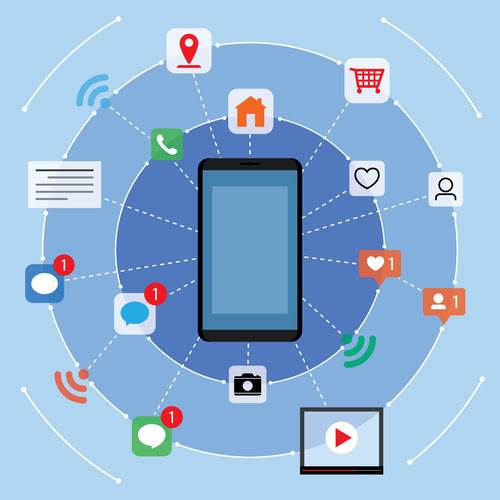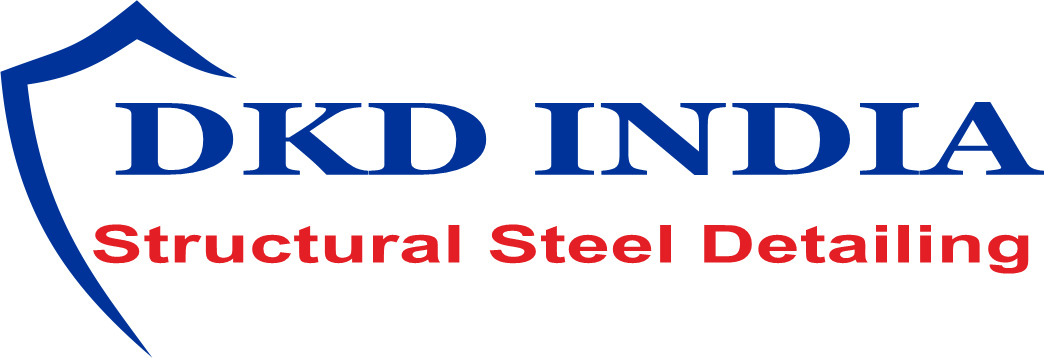But in the end, the CRM model most suitable for you is the one that allows you to interact with your customers in meaningful ways to drive exceptional customer experiences. A hybrid CRM deployment requires trade-offs in all the areas mentioned above, but this deployment model can also deliver the best of both worlds. However, it’s important to recognize that IT technology is increasingly moving to the cloud. Companies that remain heavily invested in on-premises CRM risk being left behind as competitors advance to the cloud. Software-as-a-service (SaaS) options offer simple interfaces that are easy to use and require less IT involvement and investment than on-premises CRM tools. Because upgrades are pushed through automatically, you always have the most up-to-date functionality without significant IT effort.
The number of IoT-connected devices is expected to surpass 25.4 billion by 2030. By 2025, estimates suggest there will be 152,200 IoT devices connecting to the internet every minute. The developers who tap into these trends in a way that maintains or enhances user experience are poised for success in the next decade. ERP software has some overlap with CRM software, so it’s understandable that there’s frequent confusion regarding the difference between ERPs and CRM software. This checklist will help you buy CRM software that suits your business and integrates seamlessly into your existing workflow. Despite the large number of CRM software on the market, some small business owners find that nothing is quite the right fit.
Your guide to getting started with customer relationship management (CRM).
Over the past few years, CRM vendors have increasingly used AI to automate tasks, provide personalized recommendations, and generate insights from data. AI can also enhance customer interactions through chatbots, voice assistants, and sentiment analysis. And more recently, some vendors have begun experimenting with https://www.globalcloudteam.com/ generative AI, typically based on large language models like ChatGPT, to further improve these capabilities. Taking the concept of social CRM even further, omnichannel CRM allows businesses to interact with customers across multiple channels and devices, including phone, email, web, mobile, and messaging apps.

Customer relationship management helps you find new customers, sell to them, and develop a loyal customer relationship with them. These systems collect many different types of customer data and organize it so you understand your customers/prospects better and can answer (or even anticipate) their questions. Through sales automation, the CRM puts all the time-consuming activities on autopilot, thereby allowing your team to focus on nurturing customers. It offers performance tracking and reporting so you can be aware of what’s happening in real-time and work on areas that need improvement. It offers custom web forms and chatbots that feed hot deals into the sales pipeline in real-time.
Here’s what cloud-based CRM offers your business.
As the name suggests, Less Annoying CRM offers a simplified solution to help small businesses manage their contacts, follow up on their leads, and track them effectively without “getting you annoyed”. The user-friendly system takes just a while to set up and is effortless to use. Using Insightly, you can track relevant lead data, marketing campaigns, communication, and tasks to analyze the overall business workflow and automate it.
Crafted with excellence to meet the diverse needs of different businesses, Nutshell offers a CRM to help you build fruitful business relationships and trigger more conversions. The simple-to-use software is easy to handle by your teams without requiring them to be IT pro, yet it provides sophisticated solutions. Salesforce, indeed, is one of the best cloud-based CRM solutions for transforming your business.
About Salesforce
Ensuring this data is “clean” means it needs to be verifiable, in the proper import format, and directly on-target to the CRM’s queries. Once you’ve looked at requirements from the sales team’s perspective, flip it around and think нow to find best CRM for startups about your customer. However, this type of homebrewed solution delivers just a tiny subset of the features you’d get with a CRM, and it’s cumbersome enough that you’ll be frustrated once your customer list grows beyond 100 entries.

Your business needs to fully understand your customers (and how they buy) to not only meet their expectations but to provide them with compelling experiences. This is the future of CX and should serve as your guide to selecting the best CRM solution. Identity data includes descriptive details to identify customers, leads, and contacts. It offers a drag-and-drop option to track, progress, and filter your deals, allows you to set achievable goals for your sales reps, and lets you gauge their performance.
PipeDrive: Best CRM Software for Visual Sales Pipelines
These systems collect and unify customer data from various sources, such as online and offline transactions, web browsing, social media, and third-party platforms. CDP can help businesses create a single source of truth for customer data and provide a 360-degree view of the customer. It lets you identify prospects for up-sell or cross-sell, convert existing customers to new products or services, target new marketing, or track invoices.

You want your team to feel that they can use the CRM system comfortably and proficiently. In a crowded sales technology market, choosing the right CRM can be daunting. Recommendations from people who understand the needs of your industry from the inside are invaluable.
Best for Integration With Zendesk Products
Designed for growing teams, Really Simple Systems CRM is super-easy to set up and simple to use. You can distinguish your prospects at all the stages of your sales funnel by looking at the customer relationship profiles. Due to tight integration with LinkedIn and Facebook Messenger, you can unlock a fruitful channel of high-quality leads and add them to NetHunt CRM in a few clicks. The true hallmark of any good business software is that it shouldn’t force you to pay extra with hidden charges and costly add-ons. Make sure that the vendor’s complete pricing information is published online and that you are fully aware of what you are going to be paying upfront.
- Salesforce connects sales to service, marketing, and beyond — so you can find selling opportunities throughout your business.
- Managing information sourced from online customer service can be tricky on its own, but with a CRM platform, it’s a breeze.
- As with any piece of software, it’s critical to take advantage of free trials when available.
- This information gives your customer service reps context when interacting with those customers.
- The cloud’s quick, relatively easy deployment capabilities appeal to companies with limited technological expertise or resources.
- CRM can help companies of all sizes drive business growth, and it can be especially beneficial to a small business, where teams often need to find ways to do more with less.
This helps you analyze your performance and determine what it means to the business. “SMBs’ ultimate choice” – It was packed with features that addressed every need an organization could have. A wide variety of management functions are available, including human resource management, product management, time management, knowledge management, and client management.
Acsertain Sales Success Percentage
With the accessibility of all the data in one place, your company is capable of shortening the sales cycle by 8–14%. If you delegate analytics and some administrative work to your sales CRM, your sales reps won’t have to do routine manual tasks and thus dedicate more time to connecting with leads. PipelineDeals CRM gives salespeople and their managers the ability to organize and develop their customer relationships while offering unparalleled visibility into each stage of their sales pipeline. Therefore, companies that want to be successful have to find an effective way to build and maintain their customer relationships.
